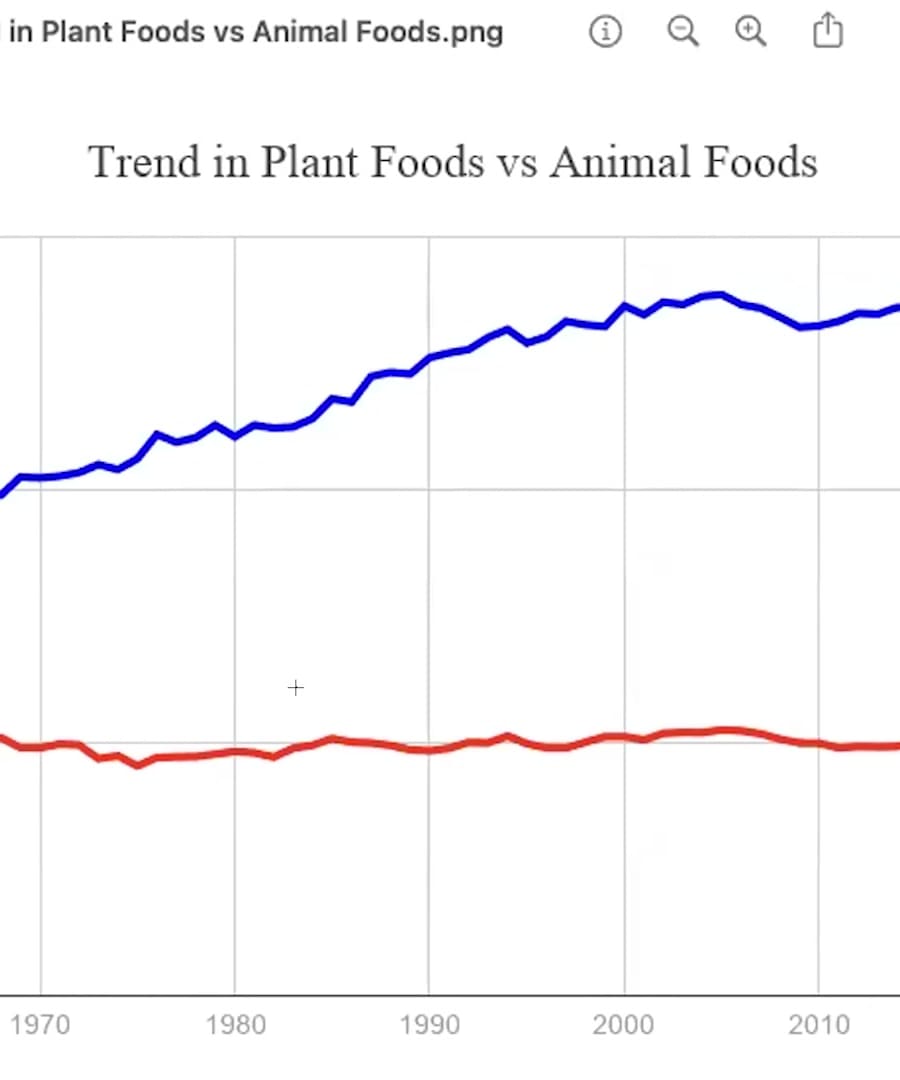Hunger patterns
Sources:
Hunger patterns are influenced by various physiological and psychological factors. Here are some key insights from experts:
-
Hunger Hormones and Cycles:
-
Impact of Diet:
- Modern dietary patterns, particularly the consumption of processed foods, can hijack our natural satiety mechanisms, making us feel hungrier 3.
- Traditional versus modern eating habits indicate that historical eating patterns involved fewer meals per day. In contrast, today's patterns include frequent snacking, often driven by stress, boredom, or societal norms rather than true hunger 4.
-
Retraining Hunger Cues:
- People often lose touch with natural hunger cues due to restrictive eating or erratic dieting. Retraining these cues involves understanding that hunger isn't just about a rumbling stomach but can also manifest as low energy, irritability, or lack of focus 5.
-
Psychological and Emotional Factors:
- Emotional and sensory factors can also drive eating behaviors, especially in neurodivergent individuals. These behaviors might not align with typical eating patterns but serve specific coping or regulatory functions 6.
-
Cravings and Biological Drives:
- Cravings can be a complex interplay of biological needs and psychological states, often driven by the body’s effort to ensure survival during periods of perceived scarcity 7.
Understanding these factors can aid in developing a healthy relationship with food and recognizing the body's true needs.
RELATED QUESTIONS-


